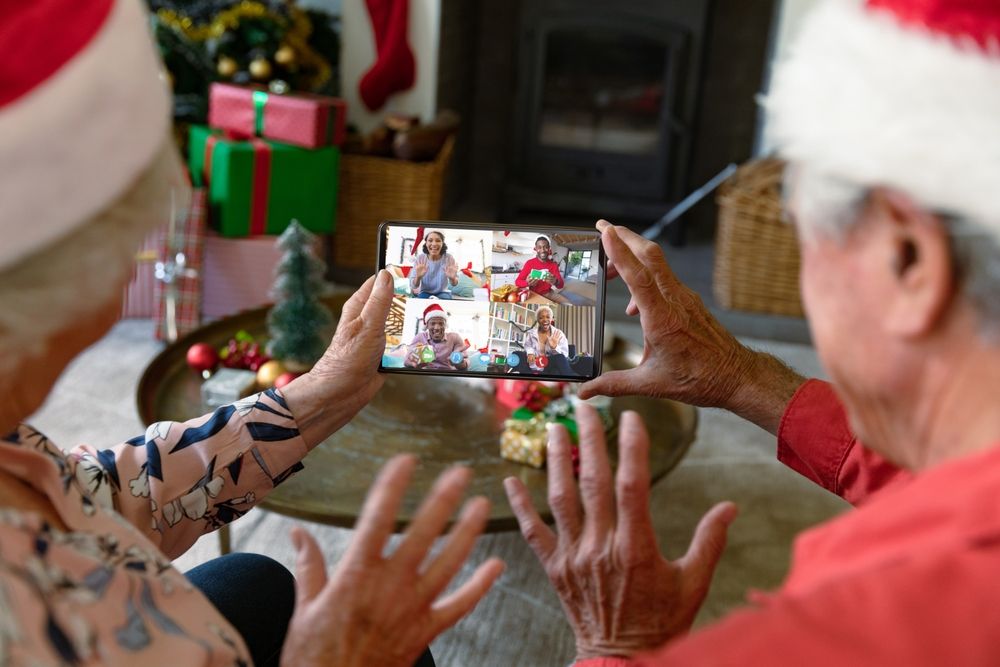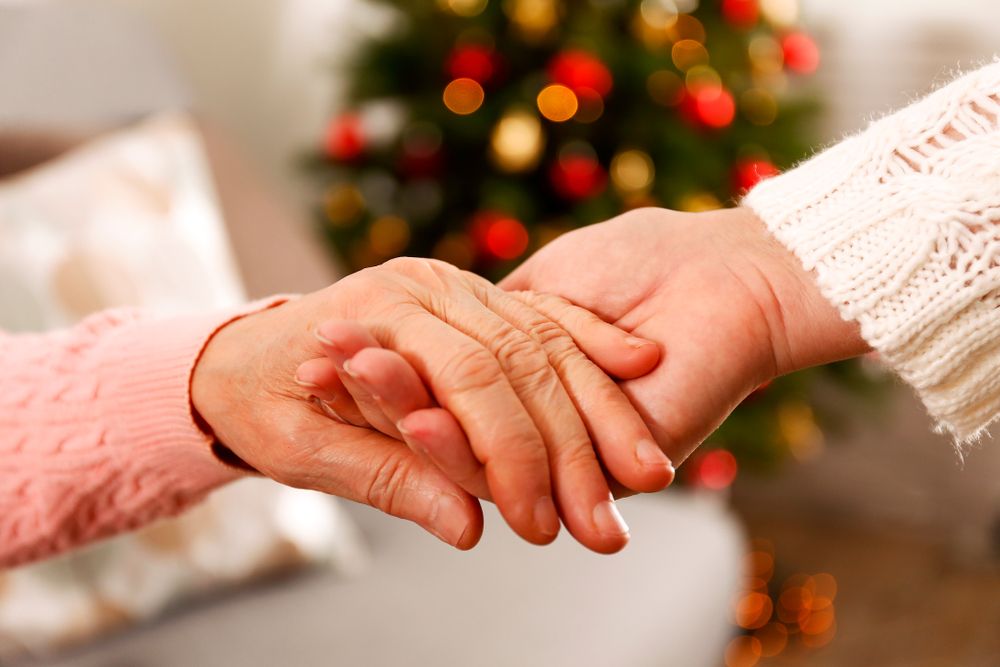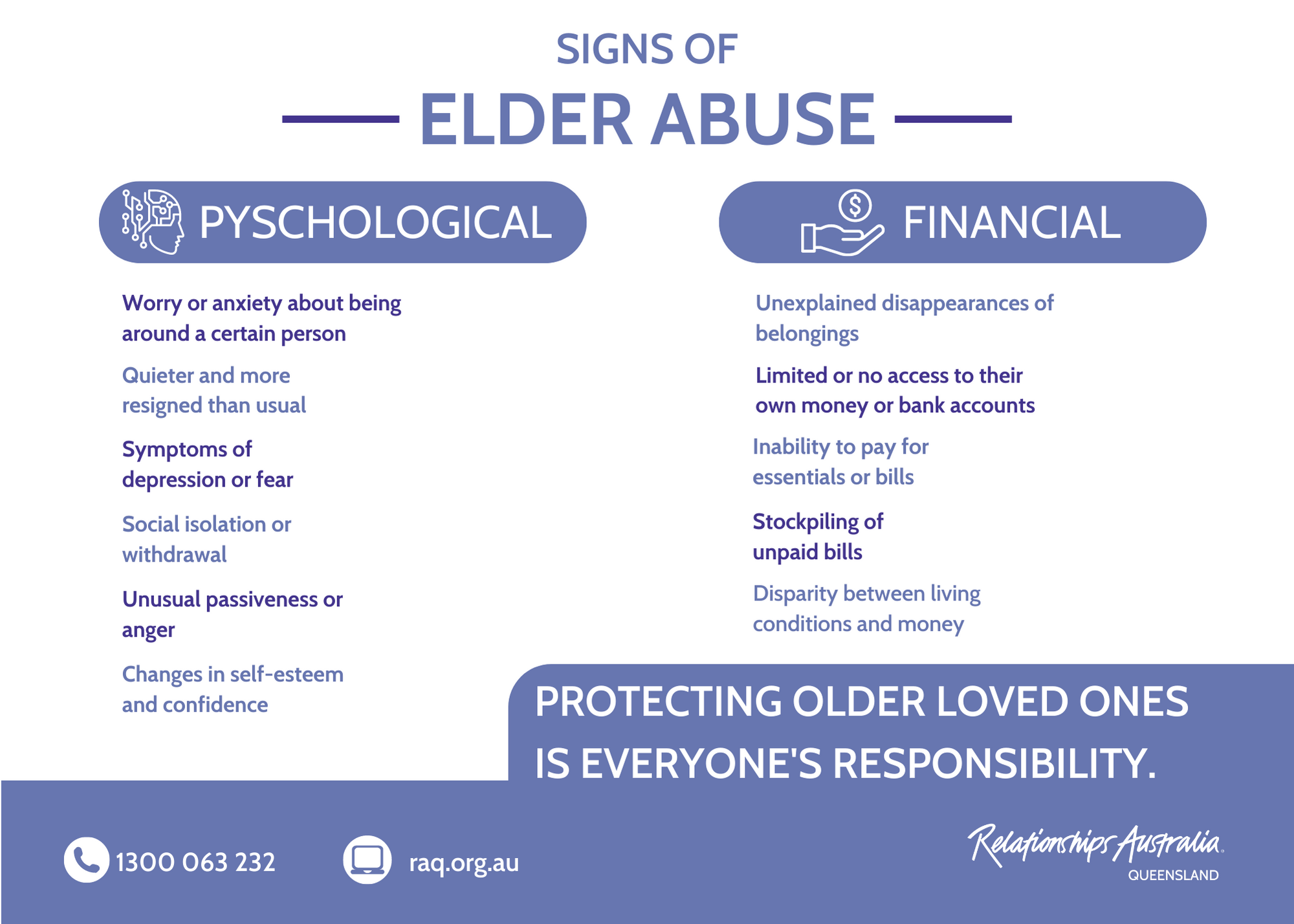Nobody wants to feel lonely during the holiday season, but loneliness can amplify for seniors during this time.
Relationships Australia’s recent national survey shows that 27.1% of seniors feel socially lonely.
Research shows that loneliness and social isolation in the elderly can have detrimental effects, with links to mental and physical conditions such as depression, anxiety, heart disease, dementia, and more.
“224,000 older Australians are already living in social isolation all year round, and of course Christmastime is a huge cause for concern” (HelloCare). Christmas can be especially lonely for those who are widowed, whose children and grandchildren have grown up, and who live alone.
Here are ten ways you can help reduce loneliness for the elderly in our families and communities this holiday season.
1. Organise a visit
“Older people may feel unwanted, or a burden, or that others don’t know they exist” (Compass). Including them in your holiday festivities will remind the older person that they are valued and cared about.
Invite an elderly family member or neighbour who may otherwise be alone to your Christmas Day celebration. Save them a comfortable seat and engage them in conversations and activities.
If they can’t come over, make time during the day or around Christmastime to pop over and visit them. Bring some food to share and put on some Christmas tunes to get into the festive spirit.
2. Make a phone call
A recent survey found that “a phone call from a loved one is the best Christmas present many older people feel they can receive.”
If you can’t physically be with them, a phone call to an older family member can make a significant difference. Even if you don’t have a lot to talk about, the gesture already means so much.
3. Put up Christmas decorations
People living alone tend not to decorate their homes for holidays, leaving Christmas to feel like just another day. Decorating an older person’s living space for Christmas is a huge mood-lifter.
You can bring over a small Christmas tree or some garland and tinsel. Be sure to tell them you’ll take the decorations down after Christmas so that they don’t need to stress about cleaning it up.
4. Give them a gift or a handmade card
A simple gift or a handmade card can be a meaningful gesture and keepsake. You don’t have to get anything fancy.
For gift ideas, ask the older person what they need, or take note of things they like. A practical gift can include a coffee mug, a journal, or a puzzle.
5. Offer to help with shopping
Shopping during the chaos of the holidays can be a daunting task for an older person.
Assisting with a trip to the shops is a great opportunity to turn a mundane task into a social outing. They’ll appreciate the help and the company, too.
6. Volunteer at a local community event or organisation
There will never be a shortage of opportunities to volunteer, especially during the holiday season.
If you don’t personally know any older people, volunteering is an amazing way to meet them, hear their stories, and to help them.
Your time and effort will be extremely valued during Christmastime at local events and organisations for older people. You’ll feel good about your contributions, too.
Go Volunteer and Volunteer list volunteering opportunities geared specifically towards helping older people in aged care settings.
You might find more opportunities through your local aged care centre, aged care community, or through a religious affiliation.
7. Bake or cook something together
Grandparents are always the best chefs. Maybe your grandmother has a famous recipe that the entire family raves about, or perhaps there’s a cultural dish that you don’t know how to cook.
Baking gingerbread cookies or a Christmas cake can also be a fun opportunity to get creative and share some laughs.
Cooking together is a wholesome and relationship-building activity. Afterwards, you can enjoy the dish together while sharing conversation.
8. Attend an event together, or offer to drive them to an event
Plenty of fun events happen around Christmastime, such as Christmas markets, musicals and plays, and Christmas parades. Offering to attend together will be a special bonding experience for you both.
Getting out of the house may reinvigorate the older person’s feelings of social isolation or loneliness.
The Senior Social Connect Program offers groups and events specifically aimed at reducing social isolation in older Queenslanders in Sunshine Coast and Gympie. Outside of these areas, the list on the Queensland Government website lists social connection programs and activities for seniors. Maybe this isn’t something you can attend together, but you can help them access these services by offering some transport.
With Queensland summer in full swing, be sure to be mindful of the heat and that you and the older person are sun safe.
9. Introduce them to other seniors in the area
Playing a bit of platonic matchmaker can help more than one lonely senior. Maybe you can introduce your own grandparents to a friend’s grandparents, or to your elderly neighbour.
Having friends of their own age can help the older person to feel more connected and understood.
10. Exchange stories
Not sure what to talk about during your phone call or visit with an older person? Just ask them to share some stories, such as favourite Christmas memories or what they were up to at your age.
“A simple conversation can brighten up an older person’s day and remind them how it feels to be connected to the community around them. They were all young once and have incredible stories and opinions to share” (Age UK).
Remember that this older person has lived a much longer life than you, and has plenty of experience and wisdom that you can learn from and enjoy.
Relationships Australia Queensland’s Senior Social Connect Program helps older Queenslanders in Sunshine Coast and Gympie to stay connected.
If you or an older person you know is feeling lonely or socially isolated, our Senior Relationships Services are here to help. Our experienced counsellors can help you explore your concerns and possible solutions in a safe and supportive environment.
You can learn more about our services here, or call 1300 063 232 to make an appointment.


